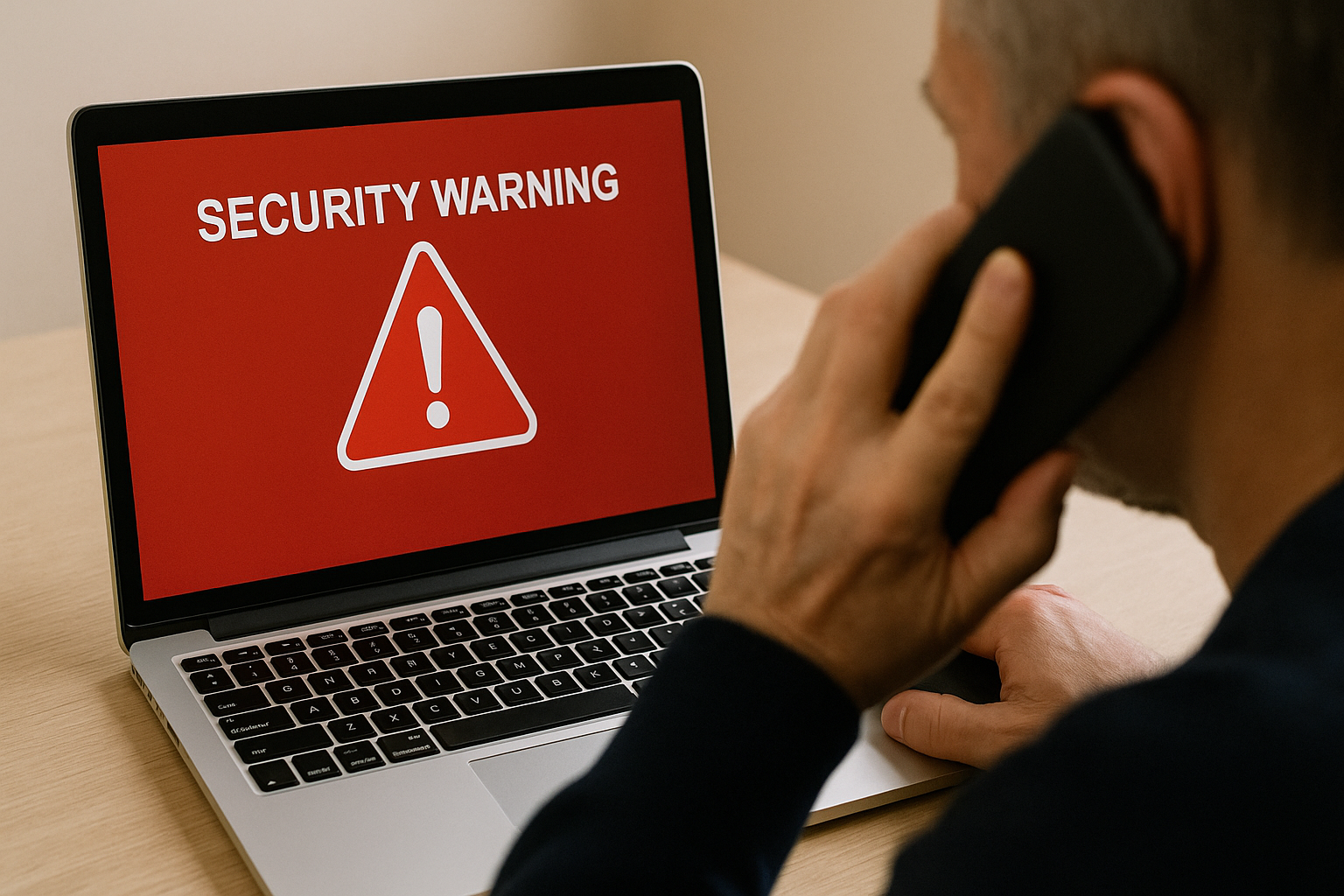Changes in the market environment and other circumstances surrounding companies have resulted in diverse and complex risks on the legal front, and the importance of legal affairs in companies is increasing along with the strengthening of compliance and governance. This article describes the role of the legal department, the skills required, and the nature of its work.

What is Corporate Legal Affairs?
Legal affairs is the management of all legal affairs. Among these, legal affairs related to corporate activities are called "corporate legal affairs. It is an important position that requires a high level of expertise to protect a company from legal risks and troubles, and to enhance corporate value in new business and research and development from a legal perspective.
Three basic roles of corporate legal affairs
This section explains the three roles of corporate legal affairs: clinical legal affairs, preventive legal affairs, and strategic legal affairs.
Role of Clinical Legal Affairs
Clinical legal affairs are legal affairs that deal with legal disputes and problems. It is also referred to as therapeutic legal affairs or conflict legal affairs. Contract disputes, labor issues, customer complaints, etc., require more effort and expense the longer they are handled, and in some cases can be very damaging to the company. They must be resolved promptly to minimize damage.
Role of Preventive Legal Affairs
Preventive legal affairs are legal affairs that prevent legal disputes and problems. It is also called legal risk law. While clinical legal affairs are designed to deal with problems after they have occurred, preventive legal affairs are designed to avoid problems before they occur and to minimize damage if they do occur.
Role of Strategic Legal Affairs
Strategic legal affairs are legal affairs that maximize corporate value and profit. It is similar to Preventive Legal Affairs in that it prevents legal disputes and problems from occurring, but while Preventive Legal Affairs is "defensive" legal affairs, Strategic Legal Affairs is "offensive" legal affairs.
 [Related Article] What is Preventive Legal Affairs? The difference between Preventive Legal Affairs and Clinical Legal Affairs and Strategic Legal Affairs, and an explanation of what they do ./fllp/preventive-legal-affairs
[Related Article] What is Preventive Legal Affairs? The difference between Preventive Legal Affairs and Clinical Legal Affairs and Strategic Legal Affairs, and an explanation of what they do ./fllp/preventive-legal-affairs [Related Article] What is Strategic Legal Affairs? What is Strategic Legal Affairs? /fllp/strategic-legal-affairs
[Related Article] What is Strategic Legal Affairs? What is Strategic Legal Affairs? /fllp/strategic-legal-affairs Major Responsibilities of the Legal Department
This section describes the main tasks performed in a company's legal department.
Dispute (litigation) handling
The Legal Department handles legal disputes with business partners and customers. If the dispute develops into a lawsuit, the department consults and cooperates with attorneys at law firms, collects evidence, and prepares for trial.
Handling of Intellectual Property Rights
The Legal Department also applies for intellectual property rights, such as patents and trademarks, and handles infringements. When launching a new product or service, it is also important to check for infringement of other companies' or other people's rights.
Contract and Transactional Legal Affairs
One of the most common duties of the legal department is to prepare and review documents such as sales contracts, non-disclosure agreements, and outsourcing agreements. In addition to domestic contracts, the department also checks contractual matters with foreign countries, depending on the company.
Institutional Legal Affairs
Institutional legal affairs is the work of properly preparing and managing the activities of a company's internal organs, such as the general meeting of shareholders and the board of directors, in accordance with the law. It is also an important part of the work involved in the establishment of subsidiaries and the reorganization of the group.
Compliance-Related Duties
Compliance-related work is also a part of the Legal Division's duties. To prevent and deal with accounting irregularities, quality problems, harassment, etc., the Legal Department provides internal training, establishes a consultation service, and ensures thorough compliance by preparing and disseminating internal rules and regulations.
Legal consultation from within the company
The role of the Legal Department is to serve as a point of contact for legal consultation within the company on issues such as legal risks associated with new businesses and the pros and cons of management decisions. This is a job that requires knowledge of both the company's operations and its laws.
Legal Research
Laws and regulations are frequently revised in response to social conditions. In order to avoid the risk of receiving guidance from the government due to a delayed response, we constantly investigate and study the impact of legal revisions on the company, and notify the company of such changes. When expanding overseas, it is also necessary to investigate local laws and regulations.
Labor and Labor Issues
There are also labor and labor-related tasks such as attendance management and the creation and operation of work rules. In addition to establishing rules and regulations in accordance with the Labor Standards Law and other laws and regulations, we also handle labor disputes such as unpaid overtime and labor-related problems such as harassment.
Debt collection and management
This service involves managing the company's receivables and collecting any unpaid receivables. Since uncollected receivables directly lead to the deterioration of a company's profitability, it is necessary to take prompt and appropriate action, such as sending a notice by content-certified mail, eventually taking legal proceedings such as demand for payment or lawsuits, and obtaining collateral.
M&A Support
The legal division is also responsible for handling mergers and acquisitions (M&A) between companies. We understand and verify contracts and conduct thorough investigations of the target company. This is an important task for a company because the amount of money involved is large in a transaction in which two separate companies are effectively combined.
International Transactions
For some companies, we also provide international legal services to legally support their overseas expansion. In order to deal with tax systems, accounting standards, company incorporation, and other systems and laws that differ from those in Japan, a high level of English language skills, research skills, and knowledge of international law are required.
Skills Required in the Legal Division
This section describes the skills and qualities required to work in the legal department.
Legal expertise
Legal affairs is a job that manages all aspects of legal affairs, so legal expertise is essential. In addition, a deep understanding of the laws of the industry in which the company operates is an important skill for a corporate lawyer.
Communication Skills and English Proficiency
It may come as a surprise to some, but legal work also requires a high level of communication skills. As an in-house legal advisor, you need to be able to obtain the necessary information from others in order to provide accurate advice, and you also need to be able to negotiate flexibly with the other company in the event of a legal dispute. English language skills are also necessary to be prepared for problems with overseas companies.
Research Skills
Because there are so many laws and regulations related to corporate activities, the ability to read and understand the law as a prerequisite and knowledge of the law as a foundation are of course necessary, but in addition, research skills to look up laws and precedents appropriate to the issue at hand are also required.
Attitude and willingness to keep learning
Legal knowledge does not end when you have learned it. It is necessary to change your work in response to newly enacted laws and frequent revisions. The willingness to keep learning is also an important skill, as it allows you to constantly update your knowledge and brush up on your work.
To be successful in the legal department, it is important to have a high level of professional skills and to keep learning.
As described above, the legal department is an essential part of a company and requires a high level of skill and a willingness to keep learning. The FRONTEO Legal Link Portal (FLLP), operated by FRONTEO, is ideal for such corporate legal staff.
Launched in June 2020, the FRONTEO Legal Link Portal is one of the largest platforms in Japan that connects corporate legal, intellectual property, administrative, and information systems departments with lawyers and experts in Japan and abroad. You can watch a large number of videos on a variety of topics useful in practice, including litigation response, fraud investigation, misconduct response, M&A, crisis management, intellectual property rights, competition law, and personal information protection law. And it is completely free.
The lecturers are lawyers and experts with a wide range of knowledge and extensive experience, including from five major law firms. The videos cover a wide range of topics, from the basics to recent cases, and can be used as a venue for in-house legal training.
In addition to watching the videos posted on the site at your favorite time, you can also ask questions directly to the lecturers through a number of free online seminars. You can also use the site as a place to meet new lawyers.
Tailor-made study sessions tailored to your concerns and issues are also available! We also offer free individual study sessions for corporate legal and intellectual property staff interested in digital forensics and international litigation.
For more information about FRONTEO Legal Link Portal, please visit https://lp.fronteo.com/FLLP_LP
